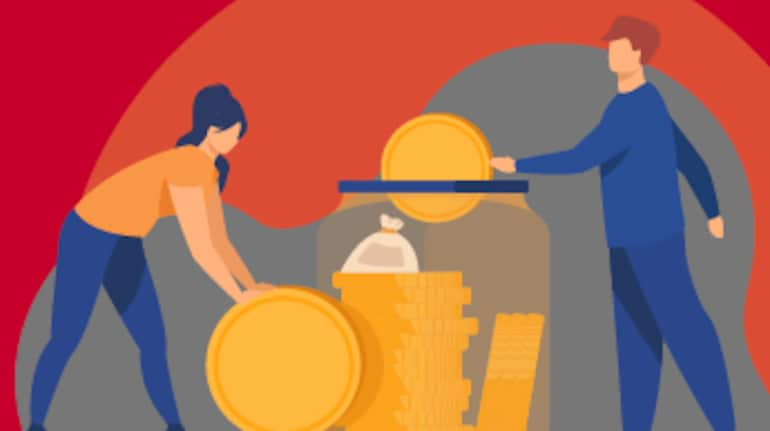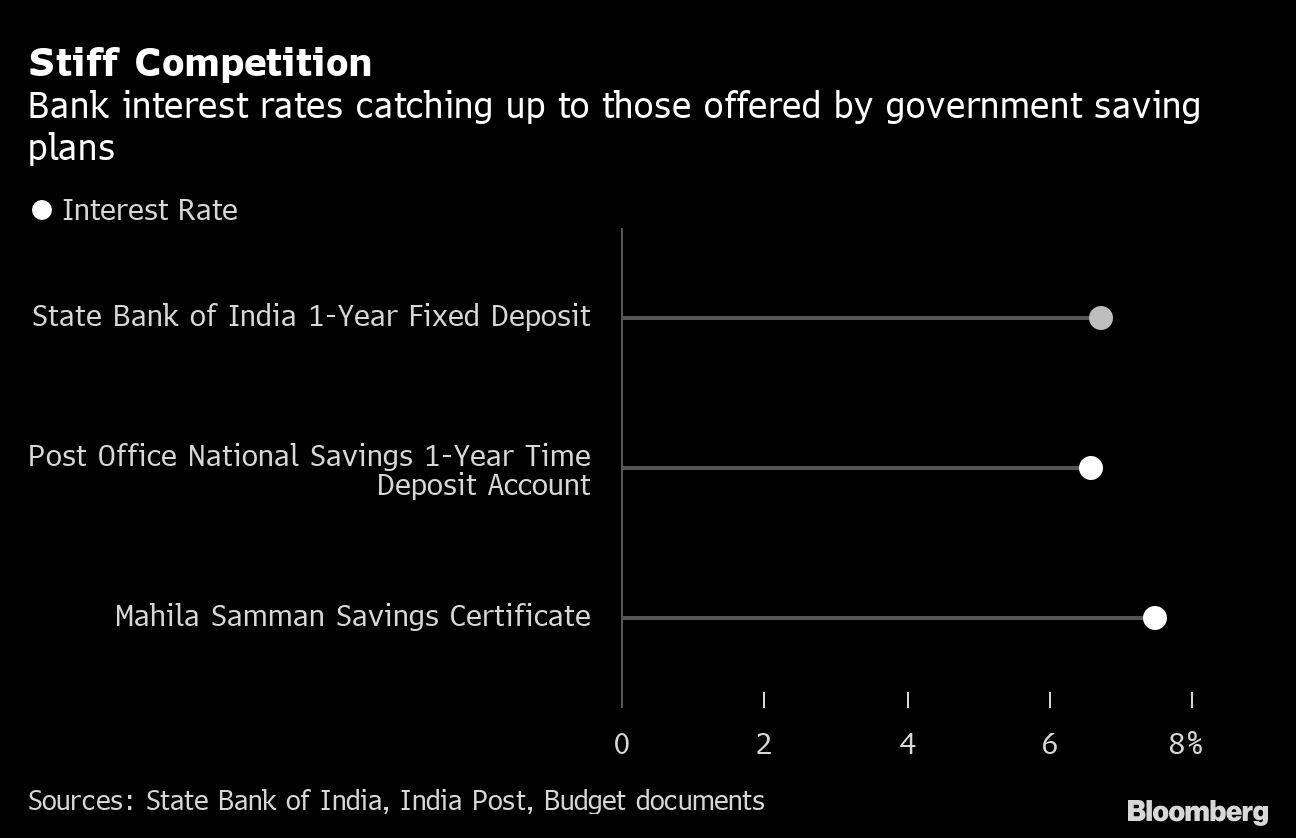



India last week proposed a lower-than-expected market borrowing programme, as part of a plan that sought to bridge its budget deficit by boosting reliance on the nation’s small savings pool.
The decision on February 1 triggered the biggest drop in the benchmark 10-year bond yields in over two months. Bonds have since pared their gains, with the budget math increasingly looking daunting as commercial interest rates soar tracking a tight monetary policy.
The government pledged to shrink its budget gap to 5.9 percent of gross domestic product in the year starting April 1 from 6.4 percent this year. While Prime Minister Narendra Modi’s administration has kept the reliance on market borrowings to bridge the shortfall almost unchanged, it plans to boost the share of small savings in that equation to more than 26 percent next fiscal year from 24 percent currently.
The government funds its fiscal deficit through a mix of borrowings from the bond market, proceeds from small savings and draw down from cash balance. Limiting bond sales helps the government keep a lid on borrowing costs.
But with commercial interest rates rising after 250 basis points of monetary tightening by the Reserve Bank of India, it may find tapping small savings difficult as depositors are more likely to park their monies in attractive bank fixed deposits than government-backed savings schemes, where rate adjustments tend to happen with a lag.

Collections through National Small Savings Fund in the current year saw around 9.5 percent drop, according to a report by Emkay Global Financial Services Ltd. That makes the government’s estimate for the small savings fund to grow over 7 percent to Rs 4.7 trillion in the new fiscal year a bit optimistic.
“It needs to be seen if small savings fund, which has benefited from the budgetary incentives holds up as expected, with bank savings rates turning attractive,” says Madhavi Arora, lead economist at Emkay Global.
Although the government has hiked the rates on most of the offerings under its smalls savings fund for the January-March quarter by 20 to 110 basis points, with the plan for senior citizens fetching as much as 8 percent in returns, Indian banks have also been playing catch up by increasing lending and deposit rates in consonance with the policy rate.
Experts believe Indian banks may continue to hike deposit rates to further align it with the RBI’s repurchase-rate of 6.50 percent, which could provide a stiff competition to the government’s intent to boost collections under the NSSF.
“The small savings math is a bit puzzling as actual inflows into small savings schemes are running lower,” Prasanna Ananthasubramanian, chief economist at ICICI Securities Primary Dealership Ltd. wrote in a note. “We now envisage a stiff competition for deposits between banks and government schemes.”
Acknowledging the possibility that collections from small savings could fall short in fiscal year ending March 2023, Finance Secretary TV Somanathan said in an interview that Treasury-bills along with state government funds and external borrowings are levers that could be used to bridge the gap in case of that eventuality.
To be sure, the Indian government is banking on better rates on small savings and a new program for women to help attract savers. If not, it always has the option to raise short term borrowings to tide over any temporary cash mismatch for next fiscal. In the current fiscal year, the government increased borrowings through T-bills by Rs 500 billion, while maintaining predictability for dated securities.
Discover the latest Business News, Sensex, and Nifty updates. Obtain Personal Finance insights, tax queries, and expert opinions on Moneycontrol or download the Moneycontrol App to stay updated!
Find the best of Al News in one place, specially curated for you every weekend.
Stay on top of the latest tech trends and biggest startup news.